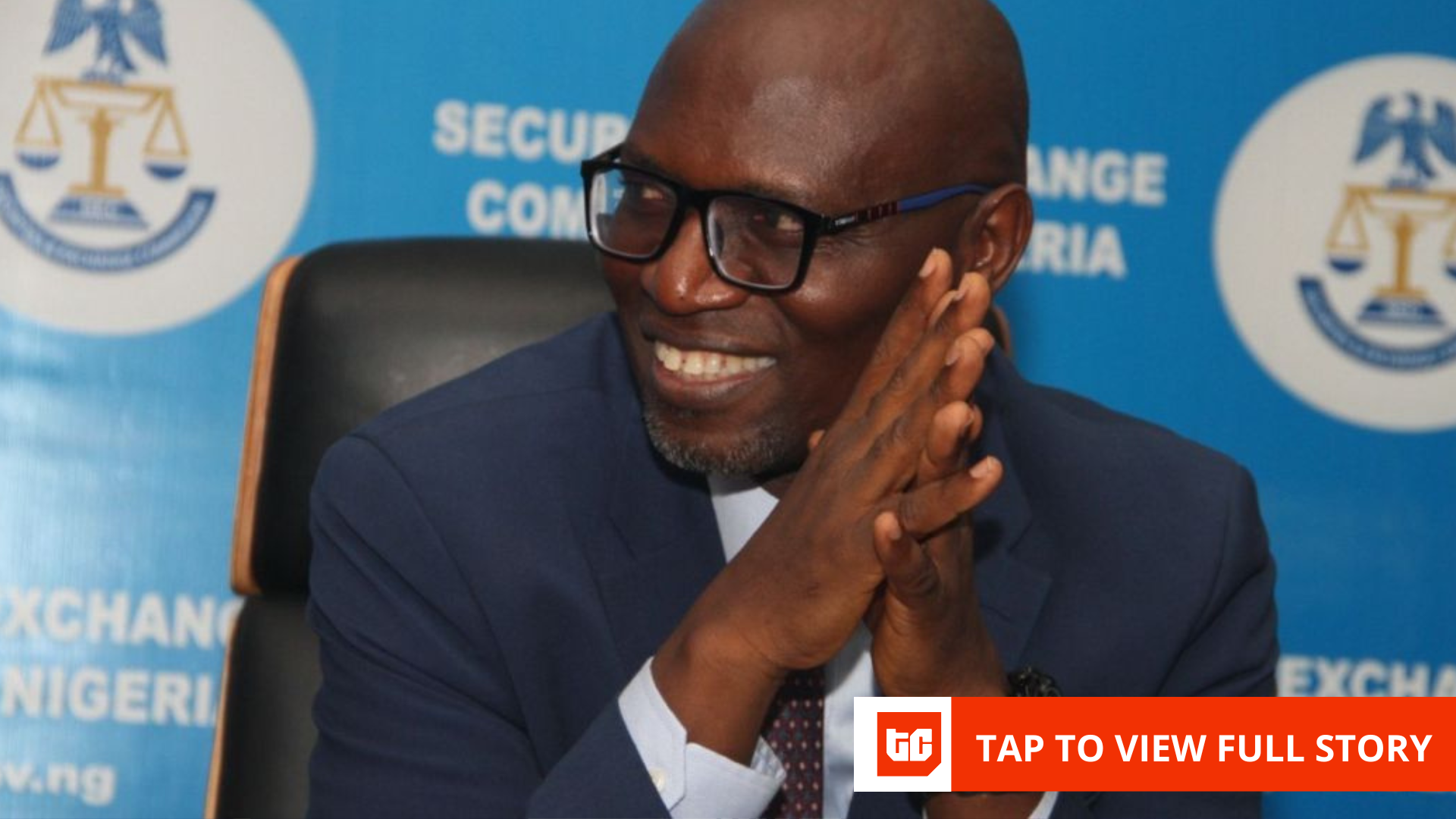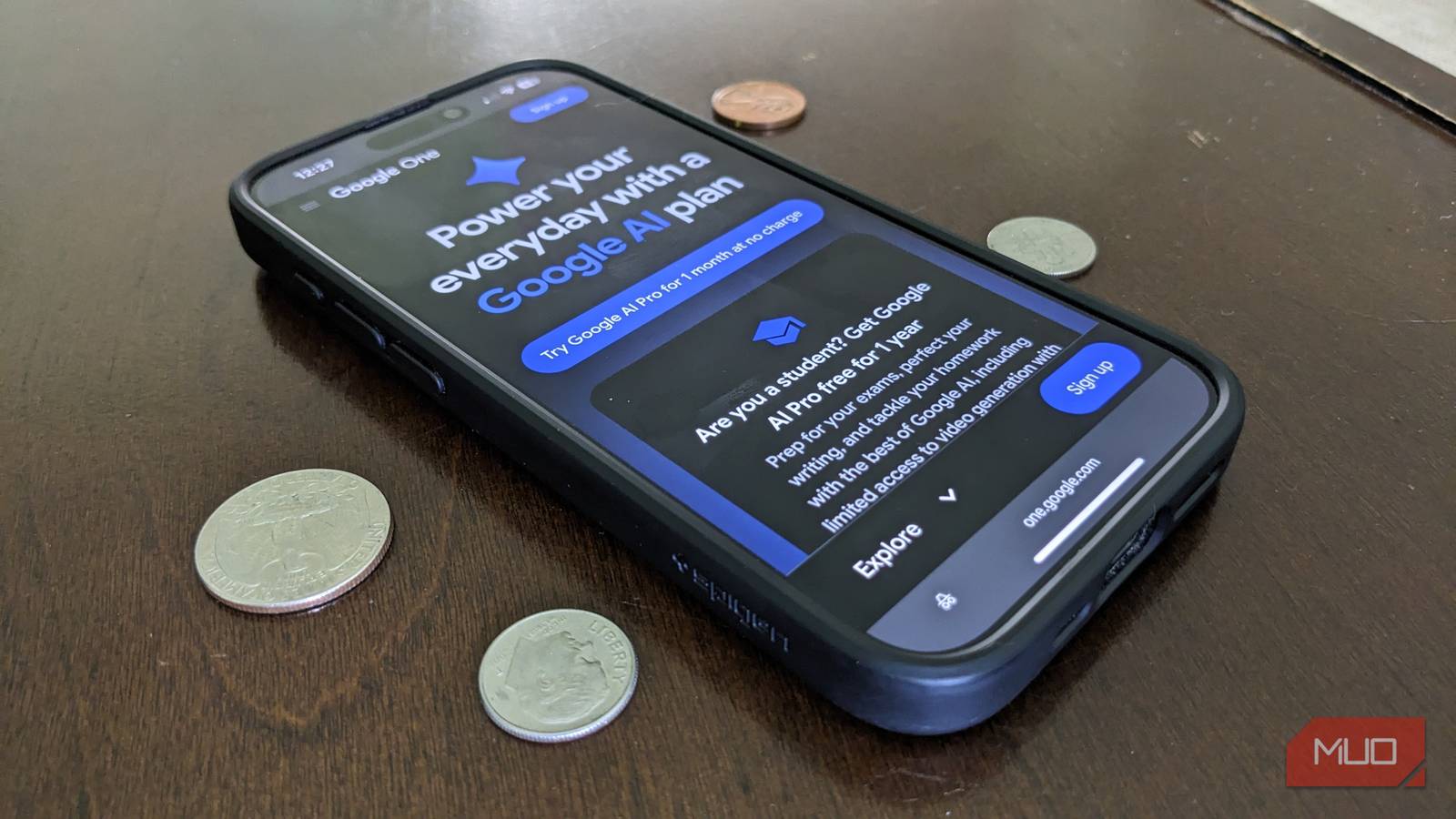One year since it issued provisional crypto licences to two startups, Nigeria’s Securities and Exchange Commission (SEC)—under the capital market institute (NCMI)—and Kenya School of Government (KSG) have partnered with crypto startup Busha to launch a cryptocurrency course. The module, to be developed and facilitated by the UK’s Cambridge University, will aim to teach financial institution leaders and decision-makers about digital assets and the role they play in creating financial access.
The programme, “Digital Assets Innovation, Industry, Regulation and Compliance (DAIIRC),” will target regulators and enforcement professionals, financial sector executives, policymakers, legal and compliance professionals, innovators, and ecosystem leaders, in a major collaboration between regulators and industry operators, signalling a clear push for institutional crypto adoption.
“This partnership with the University of Cambridge and Busha to deliver a world-class executive programme reflects our commitment to equipping regulators, policymakers, and market leaders with the tools they need to engage with digital assets from a position of confidence, not caution,” said Dr Emomotimi Agama, SEC director general, in the programme brochure seen by .
According to the SEC, the four-way collaboration is underway and has not been finalised yet.
Launching on September 30, DAIIRC will be a six-week Africa-focused hybrid programme facilitated by an ensemble cast of experienced digital asset academics, including Simon Callaghan, former director of the Cambridge Digital Assets Programme; Dr Dee Allen, associate professor at the University of Bahamas; Dr Patrick Conteh, CEO of Africa Fintech Network; Loretta Joseph, advisor to the Financial Services Commission of Jamaica on virtual asset regulation; Dr Tanya McCartney, CEO of GEM Advisory, a US-based regulatory compliance firm; and Olaoluwa Samuel-Biyi, Busha co-founder.
The programme will cost $1,500 and participating institutions will be required to sponsor executives in their ranks.
Crypto licences? One year later
While the collaboration between regulators and a startup is a landmark occurrence, access to formal banking rails remains the biggest hurdle for crypto firms.
When the SEC issued its first batch of provisional licences in August 2024 to Quidax and Busha as part of a sandbox programme, the move was billed as the beginning of a new era for the industry. The expectation was that both startups would transition to full operating licences within a year and that more operators would be admitted to the sandbox.
But progress has been slower than anticipated. In April, the regulator paused new approvals, citing difficulties in its due diligence process. This has left dozens of applicants in limbo and put added pressure on the two provisional licence holders to demonstrate what regulated crypto activity should look like.
“A lot has changed since August [2024],” said Samuel-Biyi. “We’ve been able to grow, hire more people, and interact more formally with the banking system. But it also means there are many things hundreds of other players are doing in this space that we cannot do by virtue of being regulated.”
Busha has had to scale its compliance processes. According to Samuel-Biyi, about 30% of the startup’s operations are now tied to regulatory obligations, up from 10% before licencing.
These routines include real-time reporting to the SEC through APIs, stricter Know Your Customer (KYC) and anti-money laundering (AML) checks, proof of sufficient reserves, and intensive transaction monitoring through global tools such as Chainalysis and Fireblocks for wallet security.
The licencing regime has also nudged corporations out of the shadows. More companies and businesses are holding crypto in their treasury and making payments using digital assets, according to Busha. But this sits in contrast to banks, which remain hesitant without explicit approval from the Central Bank of Nigeria (CBN).
Banking hesitation
The SEC’s efforts have encouraged banks to slowly warm up to the sector, but uncertainty at the CBN continues to cast a shadow for banks.
Banks are no longer adversaries; they are making outreach to crypto players like Busha, yet they’ve been so punished in the past that it’s going to take more green light from the CBN to give them complete confidence, said Samuel-Biyi.
While digital assets now have legal status in Nigeria, account holders still cannot reference crypto transactions in bank dealings without risking their accounts being frozen—a clear sign of the government’s contradictory stance.
What comes next
One year after granting its first provisional licences, the SEC is still moulding the contours of Nigeria’s crypto regulation. Busha and Quidax, the two crypto startups provisionally licenced last August, are yet to advance full licences.
“You can imagine the SEC, a near 50-year-old institution, suddenly having to build internal capacity in fintech to deal with crypto,” said Samuel-Biyi. “There’s been a lot of back and forth; before the [SEC] opens the floodgates, they want to be sure they have the rigour to work through issues like setting listing criteria for digital assets and understanding the liability of approving an asset that later fails globally.”
A year has been a very short time for the regulator to learn, but there are indications that graduation to full licencing is imminent, according to Samuel-Biyi. But that would also need to come with additional admittance into the regulatory sandbox for other crypto firms.
The regulator is expected to issue another batch of provisional crypto licences in the last quarter of the year, according to an industry source, reopening the door for startups that have been stuck in limbo. If it happens, it will serve as a test of how much progress the SEC has made in resolving its due diligence bottlenecks.
The new course with Cambridge and KSG signals intent: after a year of stop-start regulation, the regulator wants to arm banks, policymakers, and other financial institutions (OFIs) with the knowledge to turn a volatile industry into a structured market.
Mark your calendars! Moonshot by is back in Lagos on October 15–16! Join Africa’s top founders, creatives & tech leaders for 2 days of keynotes, mixers & future-forward ideas. Early bird tickets now 20% off—don’t snooze! moonshot..com








